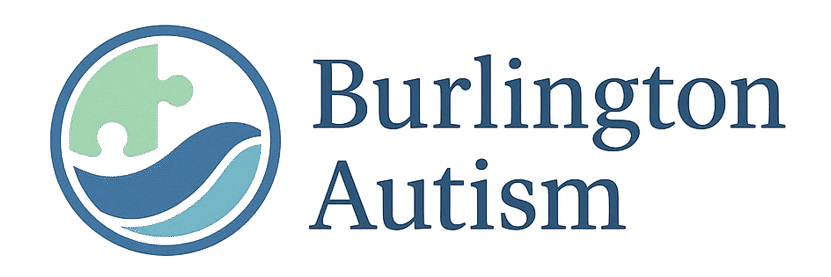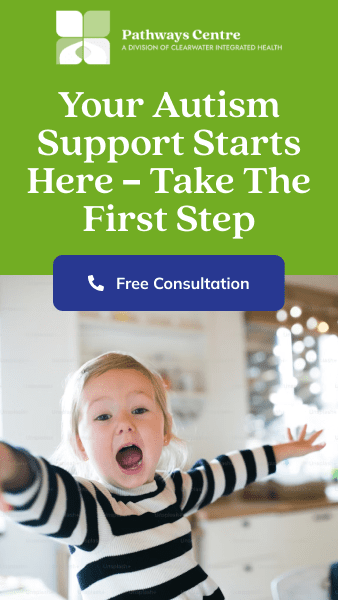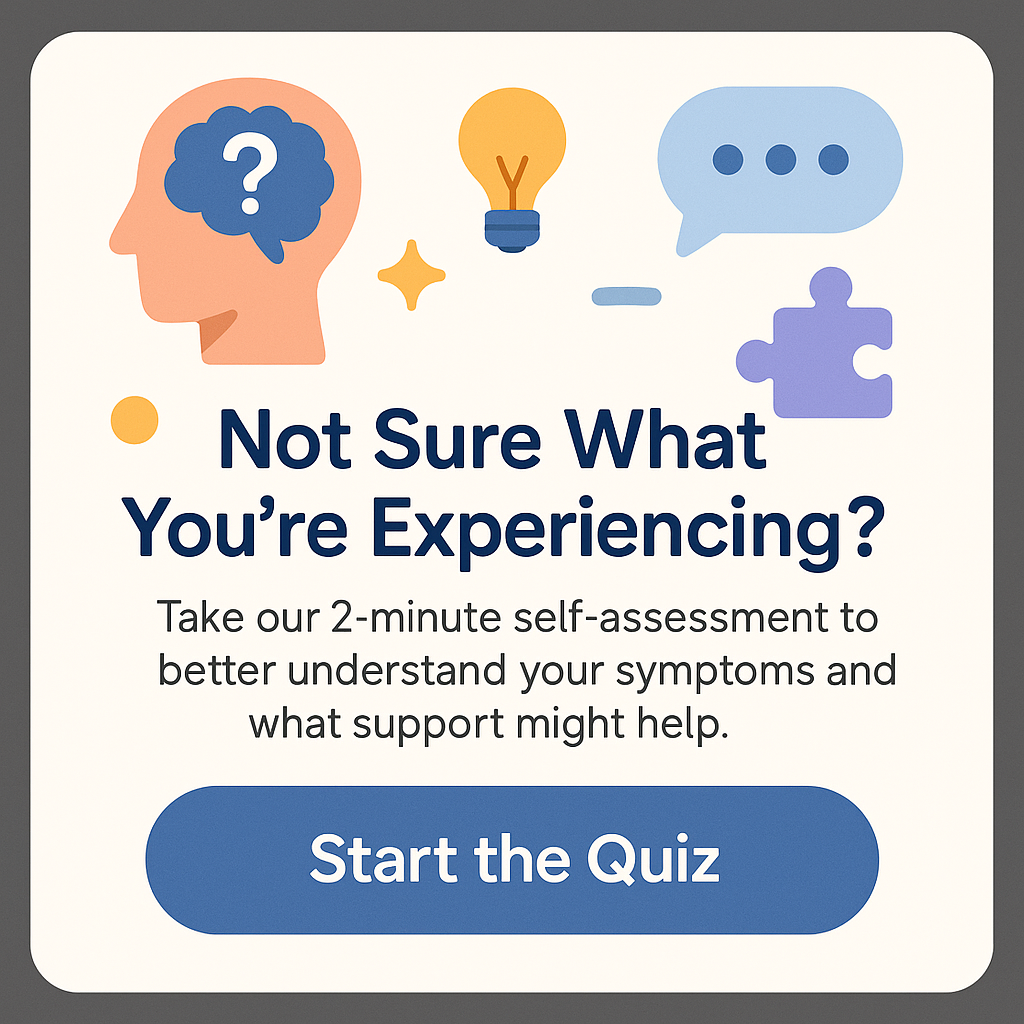Could I Be Autistic and Not Know It? Understanding Hidden Autism
Could I be autistic and not know it? This question lingers for many individuals who feel different but cannot put a finger on why. Autism Spectrum Disorder (ASD) is often associated with noticeable traits, yet many people carry subtle signs that may go unnoticed, even by themselves. In this comprehensive guide, we’ll delve into the intricacies of autism, examining why some individuals might be unaware of their condition. We’ll explore the signs to look for, the challenges of diagnosis, and how autism manifests differently in various age groups and genders. Let’s embark on this enlightening journey to better understand the spectrum and uncover whether you might belong to it.
Understanding Autism Spectrum Disorder
To consider the question, “Could I be autistic and not know it?” it’s crucial to first grasp what Autism Spectrum Disorder entails. Autism is a developmental disorder that affects how individuals communicate, interact with others, and perceive the world around them. The term ‘spectrum’ highlights the diverse range of symptoms and their severity, meaning no two individuals experience autism in the same way.
Typically, autism is diagnosed in childhood, with parents or caregivers noticing developmental delays or atypical behaviors. Common signs may include difficulty in social situations, challenges with routine changes, and intense focus on specific interests. However, a significant number of adults remain undiagnosed, particularly those who have learned to mask their symptoms. So, could I be autistic and not know it? Yes, you might be, especially if you have spent much of your life adapting to fit in.
A common misconception is that autism solely affects children. While early diagnosis is encouraged, many adults are increasingly recognizing the traits in themselves only later in life. For instance, women are often diagnosed later than men due to different symptom expressions, including social anxiety and a tendency to engage in masking behaviors to blend in.
As we go deeper, we will explore the signs and characteristics of hidden autism, offering insights into the experiences of those who may not even be aware that they are on the spectrum.
Signs You Might Not Recognize as Autism
When contemplating “Could I be autistic and not know it?” it’s essential to recognize the signs that may not align with conventional stereotypes of autism. Often, these traits can be subtle, leading individuals to dismiss them as mere quirks rather than potential indicators of a broader condition.
- Unique Social Interactions: Individuals with autism may demonstrate an atypical style of social interaction. This does not always mean they struggle to communicate; rather, they may feel more comfortable expressing themselves through writing or may prefer solitary activities. Sometimes their conversations may lack conventional small talk or they might miss non-verbal cues.
- Intense Focus on Narrow Interests: While many people have hobbies, individuals on the spectrum often display a profound fascination with specific subjects. This intense focus can range from obscure historical facts to particular aspects of science, leading to an impressive depth of knowledge.
- Difficulty with Changes in Routine: For many autistic individuals, predictability is key. Changes in daily routines can lead to anxiety and distress, and the ability to adapt can vary significantly.
- Sensory Sensitivities: Sensitivity to sensory inputs, such as loud noises, bright lights, or certain textures, is a common characteristic. These experiences can be overwhelming, and many individuals learn to avoid situations that heighten their sensory discomfort.
- Struggles with Empathy or Understanding Emotions: Many autistic individuals do feel empathy; however, they may have difficulty interpreting emotional cues or responding in socially expected ways. This doesn’t mean they lack compassion, but rather that their emotional responses do not align with societal norms.
These traits can lead to confusion about one’s identity, especially in environments where neurotypical behavior is the norm. Consequently, many individuals may dismiss their experiences until something, such as a relationship struggle or career challenge, prompts them to reflect more thoroughly on their lives.
Why Some Adults Remain Unaware of Their Autism
Now that we’ve established some signs of autism, let’s discuss why adults may remain unaware of their condition. Understanding the complexities of autism is particularly challenging for many who have spent their lives adapting to societal expectations.
First and foremost, societal stereotypes and misconceptions surrounding autism contribute significantly to this lack of awareness. Many people, including health professionals, often associate autism with young boys exhibiting hyperactive or socially withdrawn behaviors. Women and girls, in contrast, tend to display more subtle signs, leading to a phenomenon known as the “female autism phenotype.” This term describes how women may downplay their symptoms or engage in compensatory behaviors, making them less likely to be diagnosed.
Moreover, many adults have developed coping mechanisms to navigate social situations. They may consciously or unconsciously adjust their behaviors to appear more neurotypical. As a result, they often go their entire lives believing they are simply socially awkward or different without realizing that these feelings stem from autism. If you find yourself frequently asking, “Could I be autistic and not know it?” it may be helpful to reflect on your coping strategies and consider whether they align with common experiences of those on the spectrum.
Another contributing factor is the stigma associated with mental health disorders. Many individuals avoid seeking help or diagnosis due to fear of judgment or misunderstanding. This stigma can perpetuate the belief that one should manage behavioral concerns independently, leading to a greater disconnect as they navigate their unique experiences.
When to Seek a Professional Assessment
If you’re pondering “Could I be autistic and not know it?”, it may be beneficial to consult with a professional. Recognizing the signs of autism and understanding their implications is a critical step toward self-discovery and personal empowerment. Here are some key indicators that might prompt you to seek an assessment:
- Persistent Social Challenges: If navigating social situations consistently leads to anxiety or discomfort, it may be wise to explore whether autism might be influencing your experiences.
- Challenging Emotional Responses: Difficulty managing emotions or understanding the emotions of others can indicate a need for further assessment, especially if it affects your relationships.
- Intense Interests Causing Strife: If your passions dominate your conversations to the detriment of relationships, assessment may help clarify the spectrum’s influence on your social life.
- Job or Academic Struggles: Understanding whether autism contributes to difficulties in work or school can provide valuable insights and open the door to necessary accommodations.
- Desire for Self-Understanding: A genuine curiosity about your behavior and feelings is a powerful motivator for seeking answers.
Seeking an evaluation from a mental health professional trained in diagnosing autism can provide clarity. Remember that self-diagnosis is challenging and often inaccurate. A professional can offer a comprehensive assessment, clearing up any ambiguities.
Breaking Free of Misconceptions about Autism
In contemplating whether you might be autistic, it’s imperative to challenge the preconceived notions surrounding autism. Many people hold beliefs that can inadvertently lead to misunderstanding the condition. Acknowledging these misconceptions can aid in self-discovery and foster a supportive environment for those on the spectrum.
One of the most widespread myths is the association between autism and intellectual disability. While some autistic individuals may have cognitive impairments, many possess average or above-average intelligence and excel in specific areas. Believing otherwise can detract from recognizing the potential contributions of autistic individuals.
Another common misconception is that all autistic people display the same traits and behaviors. Autism is a spectrum, so each person’s experience varies widely. Understanding this nuance is vital in dismantling stereotypes and creating a more accepting society.
Furthermore, some individuals might believe that those on the spectrum cannot lead fulfilling lives. In stark contrast, many autistic individuals thrive in their careers and personal lives, contributing diverse perspectives and talents. This misconception prompts individuals to hide their identities out of fear instead of embracing who they are. By recognizing and challenging these misconceptions, those asking themselves, “Could I be autistic and not know it?” may begin their journey toward understanding and acceptance.
Conclusion: Embracing Self-Awareness and Acceptance
Could I be autistic and not know it? Uncovering the truth about your potential autism can be a transformative journey. From understanding the signs of the spectrum to addressing prevalent misconceptions, exploration leads to personal growth and self-acceptance. Whether you recognize specific traits in yourself or feel an inclination for deeper self-discovery, knowledge equips you with the tools to navigate your emotions and relationships meaningfully.
If you resonate with the signs we discussed, consider reaching out for an evaluation. You deserve clarity about your experiences, and obtaining a professional assessment can pave the way for a supportive community that appreciates your uniqueness.
Remember, there’s beauty in diversity, and your perspective adds value to our collective understanding of the world. Embrace the possibility of being autistic as an opportunity for growth and empowerment, knowing that you are not alone in this journey.
FAQs
1. What are the early signs of autism in adults?
Some early signs include difficulty with social interactions, intense focus on specific interests, trouble managing changes in routine, and sensory sensitivities.
2. Can women be underdiagnosed for autism?
Yes, women often exhibit different traits and coping mechanisms, leading to a higher chance of being undiagnosed compared to men.
3. How can I seek help for potential autism?
Consult a mental health professional trained in autism assessments, as they can provide a comprehensive evaluation and facilitate a deeper understanding of your experiences.
4. Is it possible to be diagnosed with autism later in life?
Absolutely, many adults discover their autism diagnosis later in life, often as they seek answers for longstanding struggles in social, work, or personal contexts.
5. What resources are available for adults with autism?
There are numerous resources, including support groups, educational websites like the Autism Society, and local community organizations that offer assistance and information to navigate life on the spectrum.
For additional insights on autism and its various facets, you can explore these external resources: Autism Society and NIH – Autism Diagnosis.
How to Tell if Someone Has Autism? A Comprehensive Guide
What is Autism Mistaken For? Understanding Common Misconceptions







